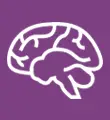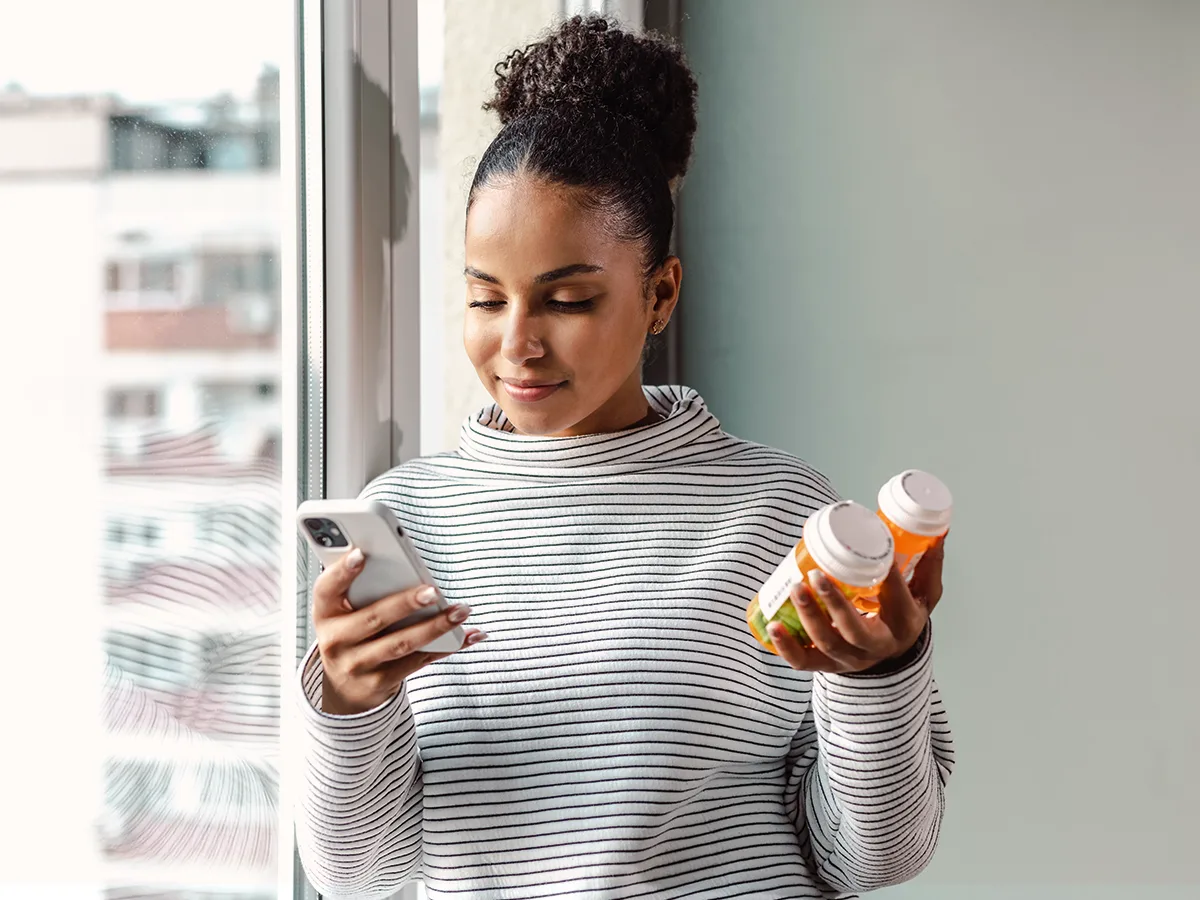Vyvanse: What you need to know
Vyvanse is stimulant medication used to treat ADHD (also known as ADD). Stimulants are the most widely prescribed medications for ADHD. And for most kids, they’re the most effective at reducing symptoms. Vyvanse is fairly new compared to some other ADHD stimulant medications, but it’s well-studied.
Here’s what you need to know about Vyvanse.
What is Vyvanse?
Vyvanse is a brand of stimulant drug. It was approved to treat ADHD in 2008, which makes it a relatively new treatment.
As a stimulant, Vyvanse works by improving the way parts of the brain communicate with each other. Like Adderall, Vyvanse is an amphetamine-based stimulant. But it works a little differently than Adderall. For instance, Vyvanse is a delayed-release drug.
Vyvanse side effects
Vyvanse has the same potential side effects as all stimulant drugs. The most common are decreased appetite and trouble falling asleep.
Less common Vyvanse side effects include:
Headache and stomachache
Irritability and moodiness
Nervousness and anxiety
Nausea and vomiting
Restlessness
If your child experiences side effects, your prescriber may recommend adjusting or changing the medication. (See a list of signs your child’s medication may need adjusting.)
Vyvanse dosage and timing
Vyvanse comes in two forms. It was introduced as a capsule in 2008. In 2017, it also became available as a chewable tablet. The tablet and the capsule each come in dosages of 10mg, 20mg, 30mg, 40mg, 50mg, and 60mg. The capsules also come in a 70mg dosage.
Both forms only come in a delayed-release preparation. Delayed release means that the body converts the drug into its active form as it enters the bloodstream. It begins to work in about an hour. But it may take two to three hours to reach its peak effectiveness.
Vyvanse is also an extended-release drug. This means it is slowly released into the body throughout the day. In studies, Vyvanse appears to help kids with ADHD symptoms for about 10 to 12 hours, and a bit longer in young adults.
Common questions parents have about Vyvanse
If you’re considering Vyvanse for your child, you likely have questions about how it works and how it might affect your child. Here are answers to common questions parents ask about Vyvanse.
What’s the generic name for Vyvanse?
Vyvanse is a brand name for the drug lisdexamfetamine dimesylate. At this time there’s no generic of Vyvanse. This means that Vyvanse may be more expensive than other ADHD medications, most of which have a generic option.
Is Vyvanse addictive?
When kids with ADHD take Vyvanse as prescribed, they’re not at risk for becoming addicted to it. In fact, taking medication for ADHD symptoms actually lowers their overall risk of substance abuse and addiction.
It’s true, though, that amphetamine-based ADHD medications can be misused. That’s because they help with attention in everyone, not just in people with ADHD.
Teens with ADHD may be pressured by peers to sell or share their ADHD medication. Make sure your child understands the dangers of sharing ADHD medication, and not to do it.
Learn more about ADHD medication misuse, sharing, and abuse.
What if Vyvanse stops my child from sleeping?
Sleep issues are a common side effect of stimulant medication. Vyvanse stays in the system for up to 12 hours. So, trouble falling asleep may be even more pronounced with Vyvanse than with shorter-acting medications.
Let your doctor know if your child’s sleep issues don’t get better a week or so after starting Vyvanse. Maybe the dosage or timing can be adjusted, or you can discuss other medication options.
Read this expert advice on how to help your child with ADHD wind down before bedtime.
Can Vyvanse cause anxiety?
There’s a lot of overlap between ADHD and anxiety. Often, trouble with attention causes anxiety. So if medication works to reduce symptoms, it may reduce anxiety. But Vyvanse is not an anxiety medication. And stimulant medications can sometimes increase anxiety in a small percentage of kids who take them.
If you think Vyvanse is making your child more anxious, discuss it with your doctor. There are a number of ways you can address it. These include reducing the dose, switching to a different stimulant, switching to a non-stimulant drug or trying a non-medication treatment.
How will I know if Vyvanse is working for my child?
If an ADHD medication is working well, your child’s core symptoms should become less severe and cause less disruption to daily life. But what that looks like depends on the individual child.
One way to tell how well the medication is working is to complete an ADHD rating scale before and after your child starts taking it. Chances are, you filled out these questionnaires as part of your child’s evaluation for ADHD. (Your child’s teacher may have filled them out, too.) Doing it again will let you see if and how much your child’s behavior has changed.
What if Vyvanse doesn’t work for my child?
Finding the right medication often involves some back and forth with your doctor. Each child responds differently to each drug. If you don’t see any (or enough) improvement in your child’s symptoms, let your doctor know.
Download our ADHD medication log to help track your child’s behavior so you can pinpoint your concerns.
If Vyvanse doesn’t work at first, your doctor may suggest raising the dose or trying a different drug. And for some kids, ADHD medication just doesn’t work. There are alternatives to medication you can look into, including behavior therapy. In fact, it’s important to have behavior supports and strategies at school and home even if ADHD medication works for your child.
How can I decide if my child should take Vyvanse?
Putting your child on ADHD medication is a personal choice. And it can be a tough one for some parents. Talk to your child’s doctor about the options, and share any concerns you may have. If you’re considering medication, ask yourself these questions.
If you decide against medication, or if medication doesn’t work for your child, you can look into alternatives like behavior therapy. (Behavior therapy can be helpful if your child takes ADHD medication, too.) What matters most is finding ways to manage ADHD symptoms so your child can learn, thrive, and enjoy daily life.
Understood is not affiliated with any pharmaceutical company.
Key takeaways
There is no generic version of Vyvanse
It only comes in a delayed-release form.
Stimulants like Vyvanse are the most effective treatment for ADHD for most kids.




